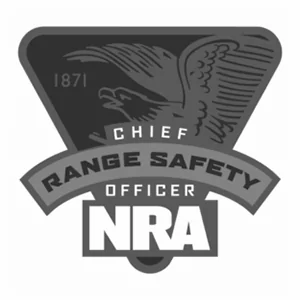Security Patrols: MSOs often involve conducting security patrols in maritime areas prone to threats. This can include patrolling shipping lanes, coastal waters, and offshore installations to deter and respond to potential security incidents.
Vessel Escort: MSOs may involve providing armed escorts for merchant vessels transiting through high-risk areas, particularly in regions known for piracy or maritime terrorism. Escort vessels can deter attackers and provide protection in the event of an attempted hijacking.
Port Security: MSOs encompass securing ports and harbors against unauthorized access, sabotage, and terrorist attacks. This can involve implementing access controls, conducting security screenings, and monitoring port facilities for suspicious activities.
Security Assessments and Planning: MSOs often begin with comprehensive security assessments to identify vulnerabilities and develop tailored security plans. This includes analyzing potential threats, assessing the security posture of vessels and facilities, and recommending measures to mitigate risks.
Intelligence Gathering: MSOs may involve gathering intelligence on maritime threats, including piracy trends, criminal networks, and terrorist activities. Intelligence collection can help in preempting attacks and improving situational awareness.
Crisis Response: MSOs require the ability to respond swiftly and effectively to security incidents such as pirate attacks, hijackings, or terrorist threats. This includes coordinating response efforts, implementing crisis management protocols, and ensuring the safety of personnel and assets.
Liaison with Authorities: MSOs often involve liaising with maritime authorities, law enforcement agencies, and international organizations to coordinate security efforts, share information, and facilitate joint operations. Collaboration among stakeholders is critical for the success of MSOs.
Daily roles and responsibilities within an MSO can vary depending on the specific mission, location, and client requirements. Personnel involved in MSOs may include security officers, maritime specialists, intelligence analysts, communications experts, and logistics personnel. Typical daily tasks may include conducting security briefings, patrolling designated areas, monitoring maritime traffic, analyzing intelligence reports, conducting training exercises, and maintaining readiness for emergency response.
As for daily rates, they can vary widely depending on factors such as the level of risk, the complexity of the operation, the qualifications and experience of the personnel involved, and the duration of the contract. Daily rates for MSOs can range from several hundred to several thousand dollars per person, with additional costs for equipment, logistics, and support services. Rates may also be influenced by market conditions, geopolitical factors, and regulatory requirements.













